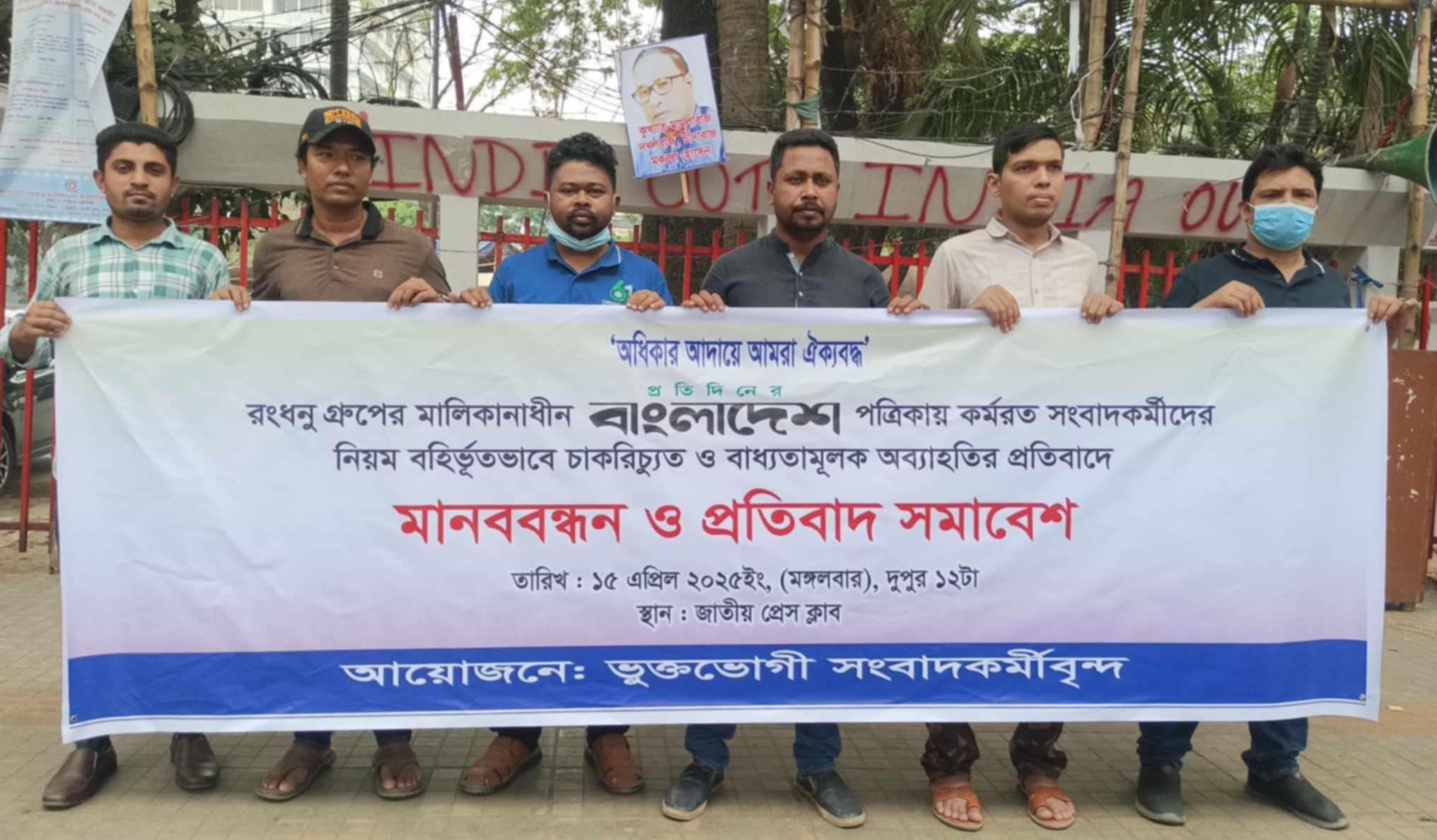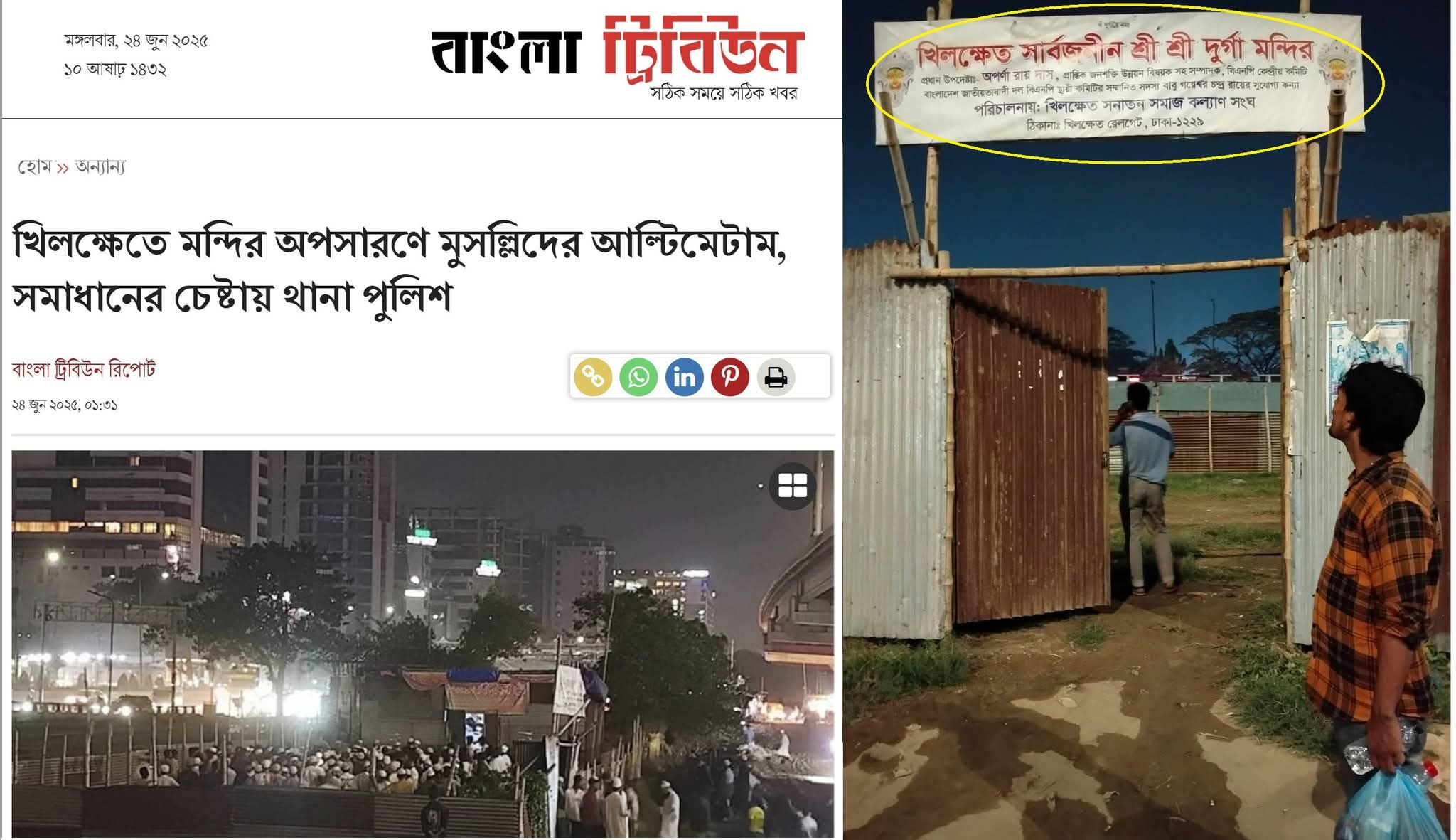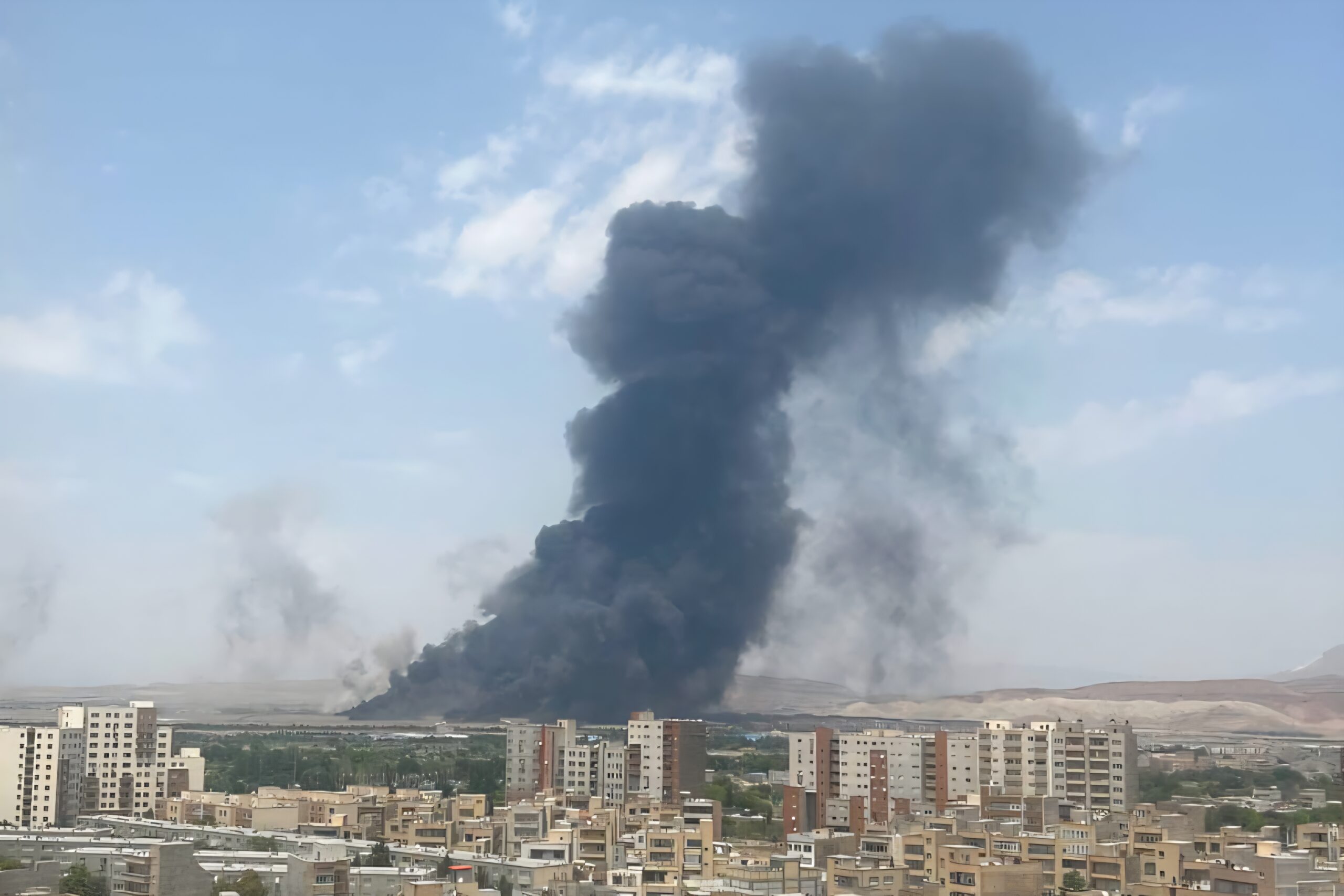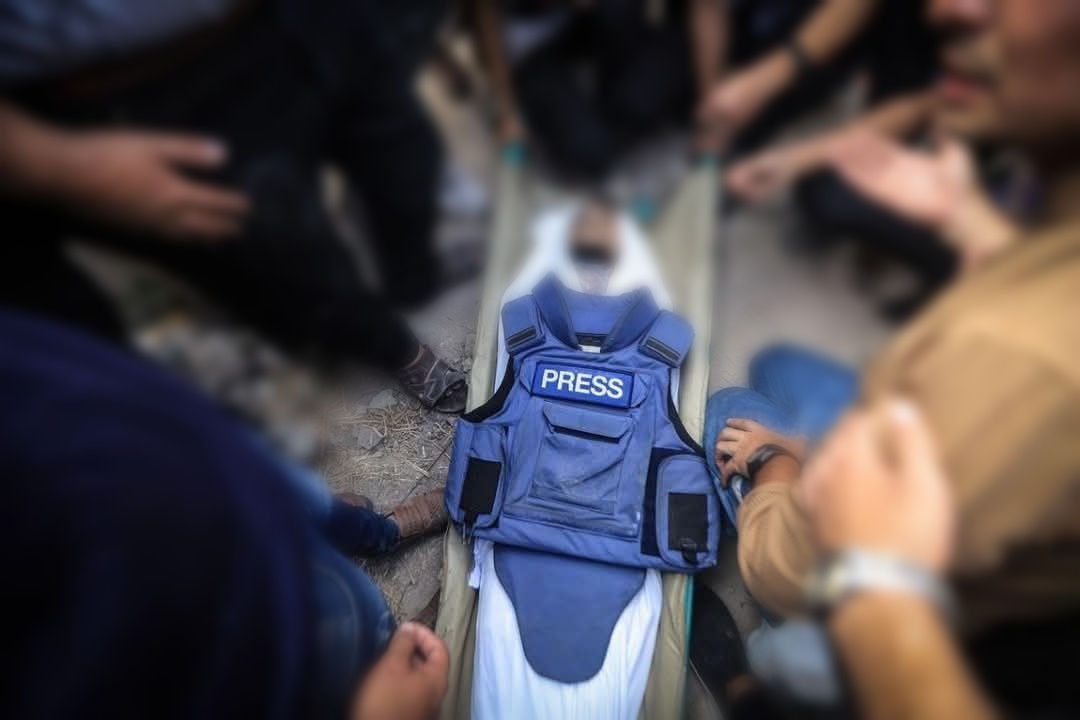Dhaka, Bangladesh — More than 150 journalists in Bangladesh have lost their jobs under questionable circumstances since August 2024, raising serious concerns about labor rights violations, wage theft, and increasing restrictions on press freedom in the South Asian nation.
In the most recent incident, at least 20 journalists were summarily dismissed from Protidiner Bangladesh, a privately owned daily newspaper based in Dhaka. The terminations, which began in March, were reportedly carried out without prior notice, severance pay, or settlement of outstanding wages—actions that appear to contravene both employment contracts and national labor laws.
According to affected staff, the journalists were instructed verbally not to return to work and were not issued formal termination letters. Several claim they are still owed months of unpaid salaries and benefits. “I’ve received only 60% of my February salary and a fraction of March,” said reporter S.M. Shamim. “Colleagues are owed even more, with no explanation from management.”
Under Bangladesh’s Labor Act (Amended 2018), employers are legally required to provide at least two months’ notice and ensure full compensation upon termination. Contracts reviewed by dismissed employees confirmed these obligations were not met by the paper’s management, which falls under the Rongdhonu Group.
Efforts to contact the newspaper’s editor, Mursalin Babla, have so far been unsuccessful. The Ministry of Information and Broadcasting has also remained silent, despite receiving a formal complaint from the affected journalists earlier this month. Ministry officials, including those in the office of interim adviser Mahfuz Alam, denied knowledge of the submission.
The dismissals at Protidiner Bangladesh are part of a broader pattern documented in a recent report by the Broadcast Journalist Center (BJC), which found that more than 150 broadcast journalists were let go from television networks across the country in 2024. According to the report, 35% of TV channels have irregular salary payment practices, 20% owe staff up to five months in back pay, and nearly half fail to offer severance or advance notice, in violation of labor regulations.
The BJC’s findings come amid heightened scrutiny of press conditions in Bangladesh. Between October and November 2024, the interim government revoked the press credentials of 167 journalists, effectively banning them from entering government buildings and covering public institutions. The move was widely condemned by press freedom advocates, who labeled it a clear attempt to curtail journalistic access and accountability.
“This is not just a labor issue—it’s a press freedom crisis,” said a senior journalist in Dhaka, who requested anonymity due to fear of retaliation. “Journalists are being silenced not only through economic pressure but also by being physically barred from doing their jobs.”
The Dhaka Union of Journalists (DUJ) echoed those concerns, calling on media owners and regulatory authorities to immediately address wage violations and job insecurity. In a statement issued in December 2024, the union criticized the government’s failure to enforce legal protections and called for stronger oversight of media employers.
Despite public promises from interim officials, including Chief Adviser Muhammad Yunus’s press secretary, Shafiqul Alam—who in January declared that media outlets paying below the minimum wage should be shut down—journalists say there has been little meaningful enforcement.
“These statements sound good during press briefings,” said one veteran journalist. “But when it comes to implementation, the silence is deafening.”
The situation has prompted protests from affected journalists, including a demonstration outside the National Press Club in the capital Dhaka on April 15, where dismissed employees of Protidiner Bangladesh demanded unpaid wages and legal redress.
As the crisis deepens, media professionals warn that the deteriorating conditions in the industry pose a serious threat to both livelihoods and democratic accountability in Bangladesh, where press workers are increasingly caught between financial instability and political interference.







Leave a Reply